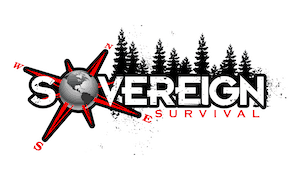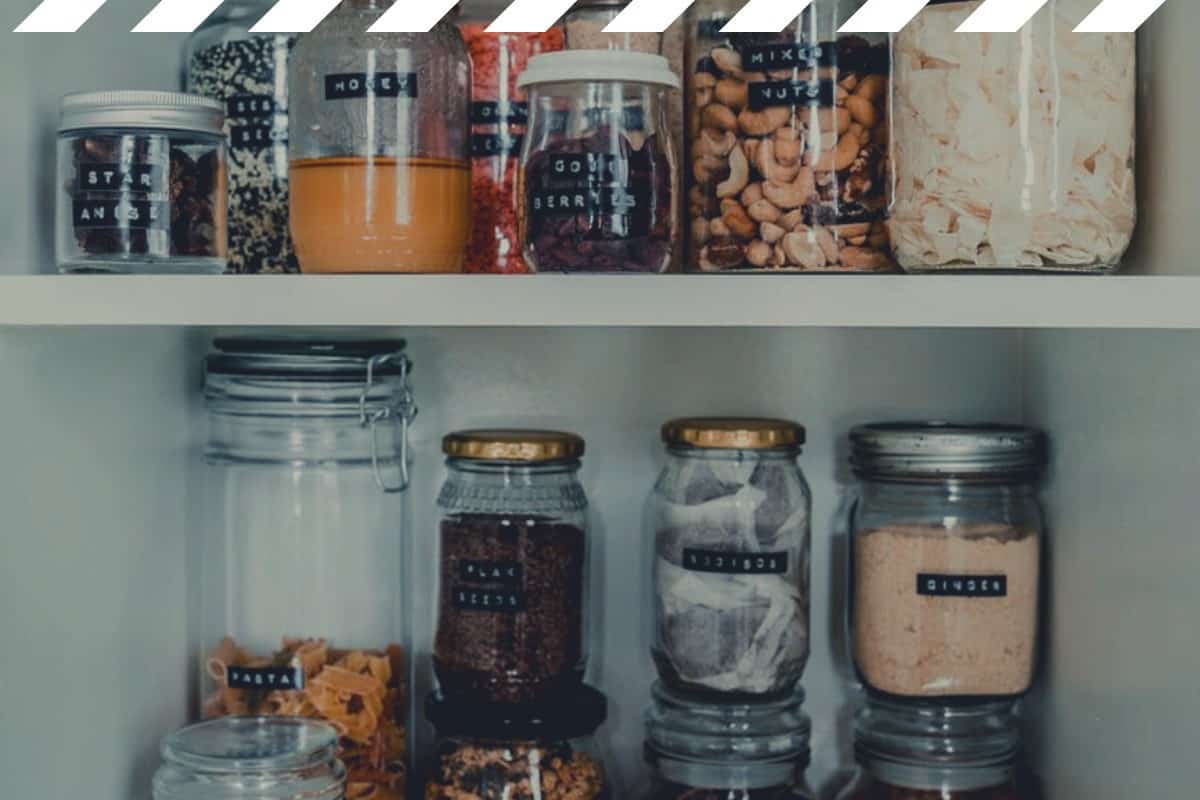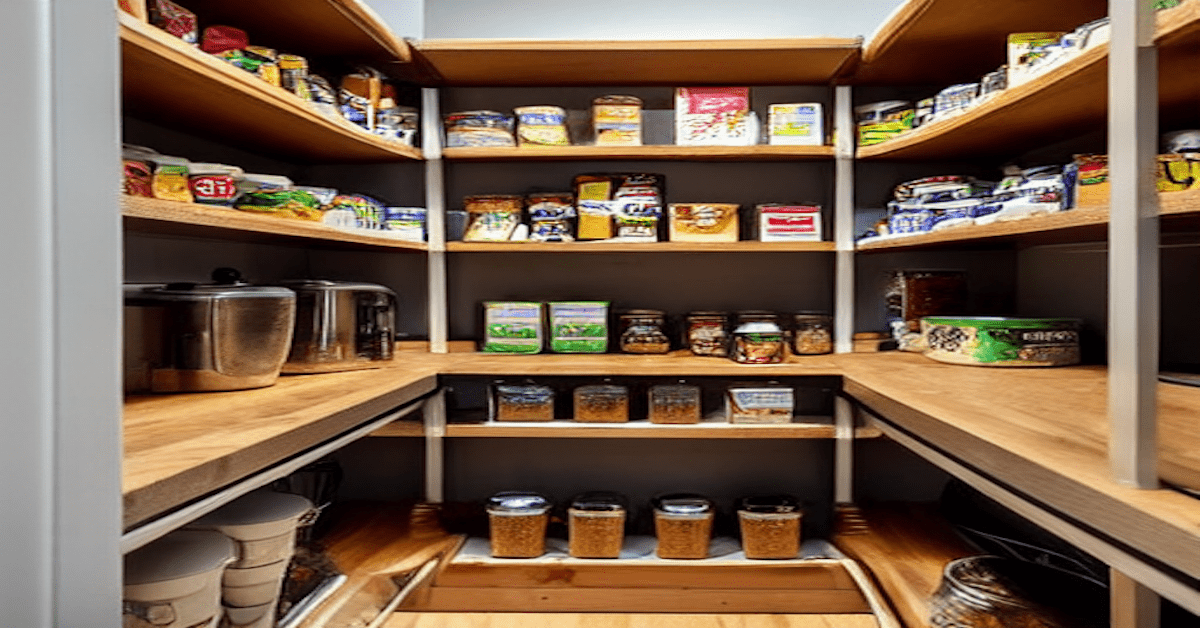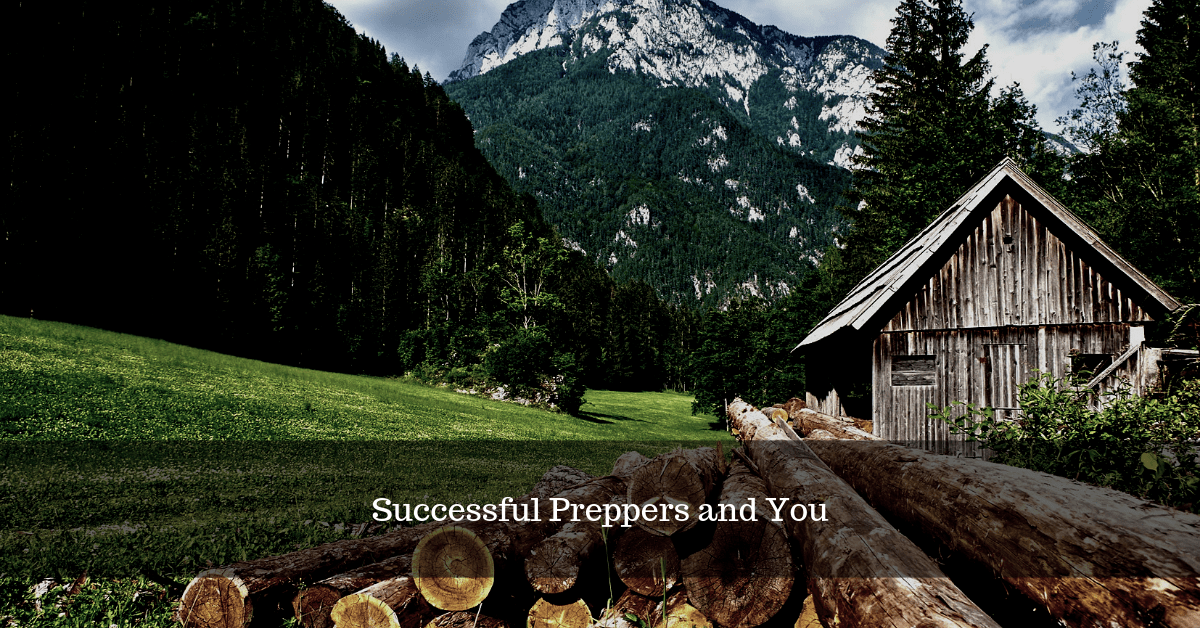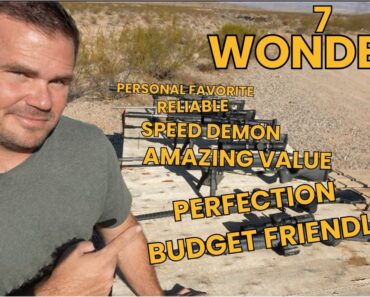“The Walking Dead” has become a cultural phenomenon with hordes of fans and a huge online following, but more can be gleaned from this literal horror show than pure entertainment. The show gives the audience a possible scenario for what life would become in a situation in which survival is the number one goal.
There are no more 9 to 5 jobs, mortgages are no longer a concern, and passing that math exam in the second period is never going to happen, so that leaves finding food, shelter, and simply living to see another day.
Thinking along those lines, I’ve discovered that several truths have been uncovered about survival in a Walking Dead scenario. Extracting the zombie element, you’re left with a show about extreme survival in a post-apocalyptic world where there is no law, there are no rules, and life will never be the same again.
Using the day-to-day survival tactics of the survivors, I’ve come to some interesting conclusions.
1. Almost Everything You Thought Was Important Becomes Obsolete
Our lives are fairly comfortable in this world. We have air conditioning, television, transportation of all kinds, and grocery stores, but what if all of the conveniences of modern times vanished?
The simple answer is all our interest in superficial things would vanish as well. Clothes would no longer be for fashion, but to keep you warm and protect your body. A car would be welcome as long as it still ran, that make, model and year would be rendered pointless.
Sports teams are gone, celebrities no longer grace the cover of magazines, because they are no longer printed, and social media are a distant memory. Whatever pointless endeavors that used to occupy our time will be gone and we will focus on what is truly important.
We are left with real human relationships, finding shelter, scavenging for food, and staying safe. There may still be drama between people, but it’ll be done face to face, and it’ll involve voices, not emoticons.
2. Family is Everything
If you are lucky enough to have loved ones with you in a survival situation, they become the most important things in your life. Keeping them healthy and safe will be your number one priority. This may not always be easy to accomplish due to the harsh conditions in which we may find ourselves, but having family or someone you love with you is a great motivator, and keeping them in good health and spirits also gives you an incentive to do the same.
This is also an opportunity for people who are alone to forge bonds with other humans they may not have ever met in a perfect world. Survival can be used to further relationships with your fellow man and learn ways to work together and understand one another, when before these same people would have never crossed paths, or, if they had, ignored each other completely.
Family becomes whoever is closest to you and gains your love, trust, and respect. Family is no longer determined by blood or law, but rather closeness and need.
3. There’s Safety in Numbers…Sometimes
“The Walking Dead” suffers from a lot of tragedies, most occurring whenever a group is settled and let their guard drop a bit. This is usually when a zombie herd crashes through a fence or a rival group attack for no real reason. I’ve learned that’s better to have others with you in a fight and to help watch your back, but there are also times when being alone seemed a better option.
For every zombie battle won, there are a lot of casualties, and most of those could have been prevented if one member hadn’t done anything stupid. This is where the flaw of a large group is exposed. Your survival and the success of a group falls on everyone’s shoulders. If there is a weak link, they can take everyone down with them, or cause tragedy to befall those who didn’t see it coming.
The character, Michonne, is an excellent example of being perfectly capable of surviving alone and doing it well. The big downside of surviving alone is that you are always alone. Personally, I’d take my chances with a bungling group member rather than slow marching through the woods with no one to talk with.
4. Survival Can Be Totally Random Or Dumb Luck
You can’t plan everything, especially in a survival situation. Accidents happen, illnesses can bring down anyone, and you can’t always trust the people you think you can. With so many wildcards thrown into a survival scenario, it shouldn’t be surprising that sheer, dumb luck and random fate will likely determine how long and how well you will survive.
Granted, if you have no skills or help from others, you won’t last long anyway, but let’s assume you can at least run and find food. Even after you’ve been doing it for a while, there’s no guarantee that a tree branch won’t fall on your head or you won’t get hit by the only car that you’ve seen driving around in 2 months. At this point, everything comes down to chance.
5. There’s A Lot of Time to Think
Without distractions, you will have lots of time to think even as you go about daily chores like scavenging for canned goods and seeking out a safe shelter for the night.
No television, phones, and computers mean you are alone with your own thoughts at all times, but in a survival situation, this is probably for the best. Lots of time to think allows you time to come up with inventive ideas and plans that can help you and your group.
6. You Can Adapt to Anything
At first, it may be hard to adapt to not showering regularly, being able to turn on a light, or sleeping with one eye open, but it can be done. Eventually, survival is your new normal and, though you may miss certain aspects of life before the end of the world, you find ways to adjust to the way life is now.
7. You Do What You Have To Do
Survival isn’t always pretty and, sometimes, you have to resort to doing things that you would otherwise find immoral, disgusting, or beneath you. This is the price you pay to live another day. If you are unwilling to change your moral codes or reset your principles to match the new world order, your time will be up much sooner than if you just did what needed to be done.
